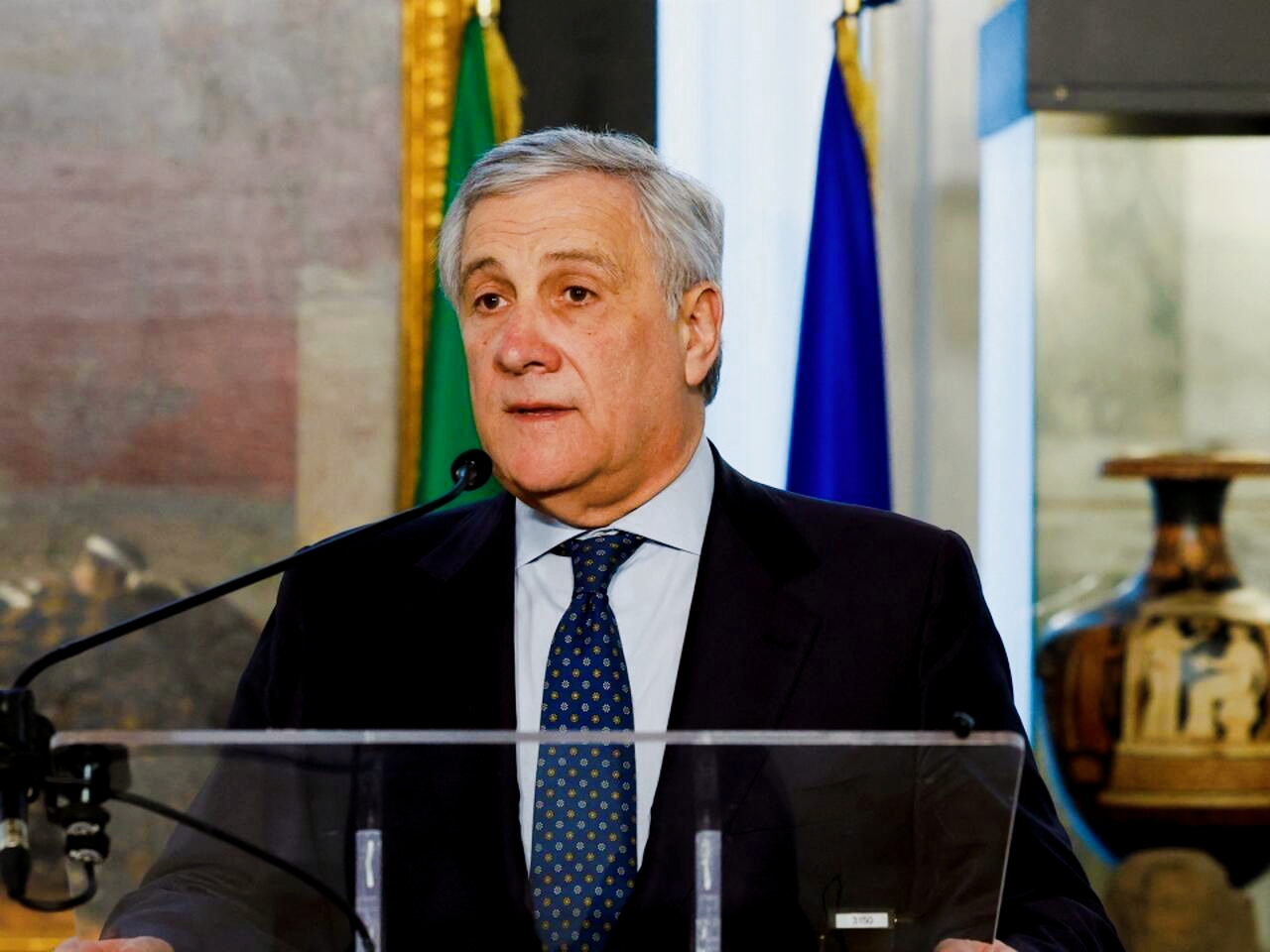The Italian Foreign Minister Antonio Tajani announced today, Thursday, that his country is open to discussing the imposition of trade sanctions on Israel within the framework of the European Union, provided that these sanctions do not affect civilians, amid rising international criticism of Israeli military operations in the Gaza Strip.
In a speech delivered before the Italian Senate, Tajani said:
"We support imposing sanctions on Israeli ministers who adopt unacceptable positions towards Palestinians in Gaza and the West Bank."
He added that the Italian government supports the idea of a firm European response to Israeli actions that contradict international law and human rights.
* The European Union is Considering Broad Measures
The Italian position comes in line with advanced European proposals presented by the European Commission, which include suspending the trade preferences granted to Israel under the EU-Israel partnership agreement.
Estimates indicate that these privileges cover about one-third of Israel's exports to EU countries, making this decision—if implemented—have a wide-ranging economic impact.
In this context, Kaja Kallas, the EU's High Representative for Foreign Affairs and Security Policy, stated in remarks made yesterday, Wednesday:
"We all agree that the situation in Gaza is going in the wrong direction."
She added: "We propose measures not to punish Israel or its people, but to pressure the government to end the war, humanitarian suffering, and release the prisoners."
* Violations of Human Rights
According to an internal review conducted by the EU, Israeli actions in Gaza and the West Bank represent a violation of the partnership agreement, which obliges both parties to respect human rights.
As a result, the Commission recommended imposing sanctions on a group of Israeli officials and settlers, as well as on several leaders of Hamas.
The proposed sanctions include freezing the assets of the individuals concerned within the EU and preventing them from entering its territory, with the most prominent targets of the sanctions being:
• Israeli National Security Minister Itamar Ben Gvir
• Finance Minister Bezalel Smotrich
• Ten leaders of Hamas
• A number of Israeli settlers involved in acts of violence
* Divided Stance Within the European Union
Despite the growing momentum for the proposal, the feasibility of passing these sanctions remains in doubt, as suspending trade privileges for Israel requires the approval of at least 15 member states representing 65% of the EU's population.
While some countries, including Italy, support these steps, others, notably Germany, strongly oppose them.
Previous attempts to suspend funding for joint research with Israel have failed to garner sufficient support.
* Israel Threatens to Respond
For his part, Israeli Foreign Minister Gideon Sa'ar responded to these developments by threatening to take reciprocal measures.
He stated in a statement issued by the Israeli Foreign Ministry yesterday, Wednesday:
"If the EU imposes restrictive measures against Israel, Israel will respond appropriately," warning that "such measures will harm Europe's own interests."
* Trade Relations in the Balance
It is worth noting that the EU is Israel's largest trading partner, with their bilateral trade accounting for about one-third of the volume of Israel's external goods trade, reflecting the significant impact of any potential economic sanctions on Tel Aviv.
* The Bigger Picture:
The new Italian position reflects a shift in the positions of some European countries towards the Israeli-Palestinian conflict, as several European capitals seek to increase pressure on Netanyahu's government to halt military operations in Gaza.
However, the biggest challenge remains in unifying the stance within the EU, where countries are divided between supporters of sanctions and those opposed to them, keen on preserving shared political and economic interests.

